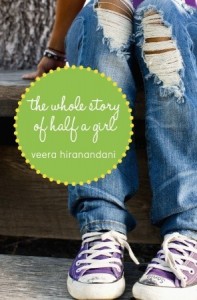Today I received a reader question I just had to share with you.
This comes from an author who has published several books with major publishers. In other words, she knows what she’s doing.
She writes (edited to protect her privacy):
I call it the “You know what you should do?” syndrome. I ran into this with my last book.
I’d say I was working on a book. People would ask what it was about. I’d try out my elevator pitch on them to gauge reactions. Most friends would just give me an honest reaction (in that case, enthusiasm). Some would offer a helpful suggestion or two. And a handful would say, “You know what you should do?” and then proceed to tell me how to write my book.
I think it might be that there are some–okay, probably many–people out there who want to write books and, when they hear about someone else writing one, promptly become the writing equivalent of a backseat driver.
Their suggestions are many and not always in line with my plan for my book. This makes me feel like my idea’s not good, second guess myself, and not want to tell anybody what I’m doing!
Have you heard about this happening with other authors? And what’s your expert advice?
My advice about these book “visionaries” would be to consider them an informal (albeit uninvited) focus group. And just like every focus group, you take in all the feedback and draw your own conclusions.
The great part about getting feedback that makes you bristle is it solidifies YOUR vision for your book.
Kind of like when you ask your mom which dress you should wear, and she picks the blue dress. But that makes you realize you’re definitely wearing the green one.
So instead of making you feel lousy about your idea or second guess yourself, you could turn that around and silently thank that person for helping you know exactly what path you want to take.
Go green, baby, go green.
How about you? How do you deal with writing backseat drivers?


